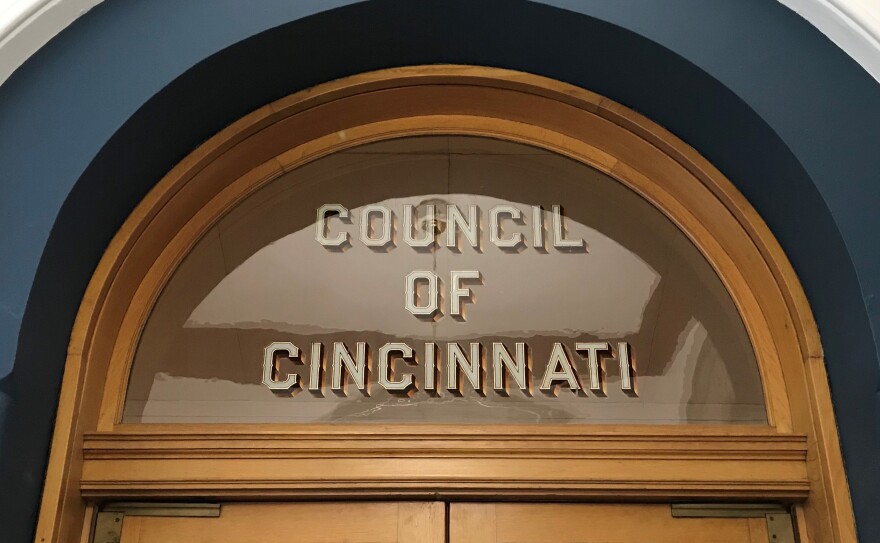Updated: Wednesday, 4:54 p.m.
Cincinnati officially has a city budget for the new fiscal year which starts in two weeks.
A committee on Monday approved the nearly two dozen ordinances necessary to enact the $1.4 billion all-funds spending plan, and on Wednesday, Cincinnati City Council formally authorized it.
The plan closes a projected nearly $19 million general fund deficit. That is money to pay for basic city services like police, fire and public works.
Mayor John Cranley and council members made about $4.8 million in changes to City Manager Patrick Duhaney's proposed budget.
Council Member David Mann on Monday said there was a lot of work to get to the final plan.
"I don't think anybody got everything they wanted, and there are probably some things that I would just as soon not be in the budget and I'm sure the other members feel that way," Mann said. "That's sort of the process and I think it's a good, balanced budget. It reflects, I believe, the priorities of our citizens and I'm pleased with it as budget chair."
The city manager last month proposed decreasing expenditures by about $16 million to balance the spending plan. That included eliminating more than 60 general fund positions, and asking city departments to keep currently unfilled positions vacant to save money.
The budget is also balanced with higher than expected income tax collections and an anticipated additional $2 million in funding from the state of Ohio. Council is also using some surplus, or carryover money, from the current city budget.
Council Member Greg Landsman said the group is passing a budget that's not perfect, and there are still issues that need to be addressed.
"Hopefully we'll get into those this year and be in a position in the years to come to not have to be pinching pennies the way we are; not having to cut as many jobs from our payroll as we are," Landsman said. "To be able to invest in our infrastructure in a way that we're not; to be able to invest in core services in a way that we are not."
Council Member Jeff Pastor voted for some of the budget measures, and opposed others that ask residents to pay more.
"The motor vehicle tax increase, and the SMU, which is a water rate increase," Pastor said. "We can't continue to balance the budget off the backs of poor folks and small business owners."
The city will begin collecting an extra $5 from each vehicle plate registered in the city for road maintenance, and storm water rates are increasing by 20% to help prevent litter and other debris from getting into storm drains.
Meanwhile, the mayor and council restored about $1.4 million to the capital budget proposed by the city manager. Those funds are used to pay for construct projects and other infrastructure needs.
In addition, council members approved a plan to close a projected $1.15 million shortfall in the city's streetcar operating fund for the next fiscal year. That plan includes raising fines for parking in a "no parking zone" from $50 to $65, which is anticipated to collect an additional $600,000. The plan also includes an additional $501,669 in new revenue from digital advertisements along transit routes in the city. The fine for unauthorized stopping and parking along the streetcar track will also increase to $100.
But Mayor Cranley says the streetcar's shortfall will continue.
"I don't want people to think that we're not fairly warning them that these numbers are only going to get bigger in the years to come," he said Wednesday.



